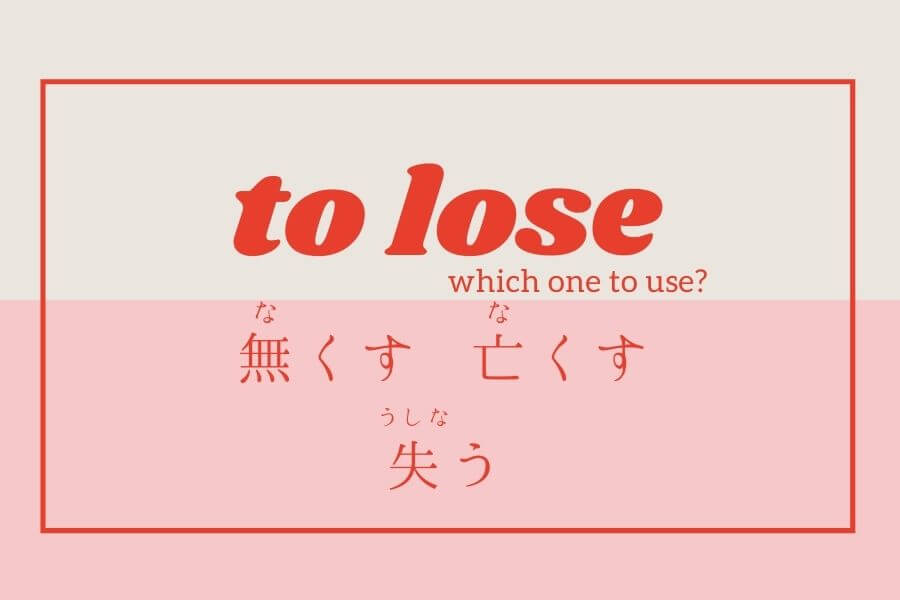The Standard Japanese Way of Saying Goodbye “またね (mata-né)” is often used to say “see you again” within friends and someone close to. “また(mata)” literally means “again”. With “ね (né)” at the end, it sounds friendly and can see close relationship. Without “ね (né)”, we see distance. If you suddenly take off “ね (né)” from …




